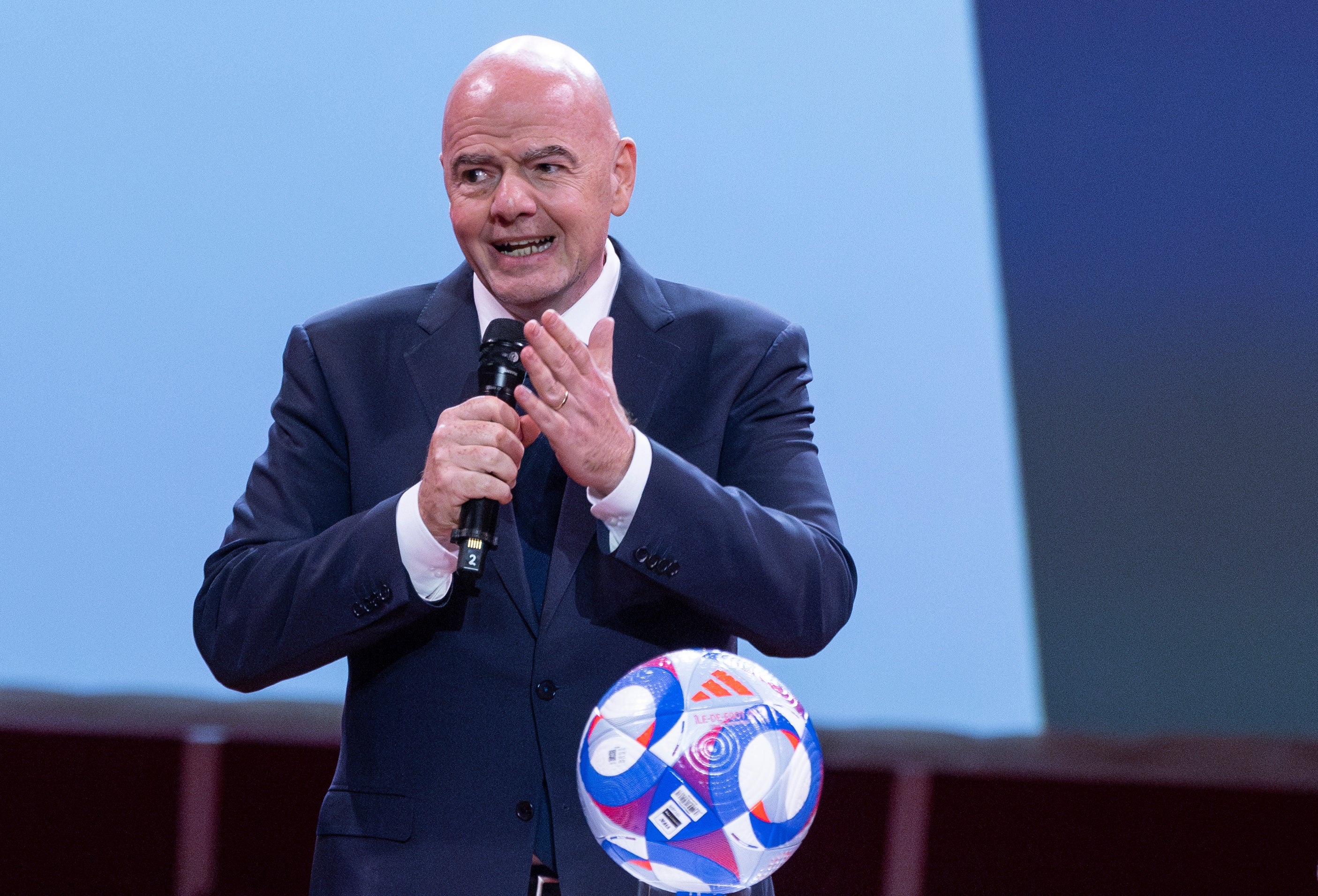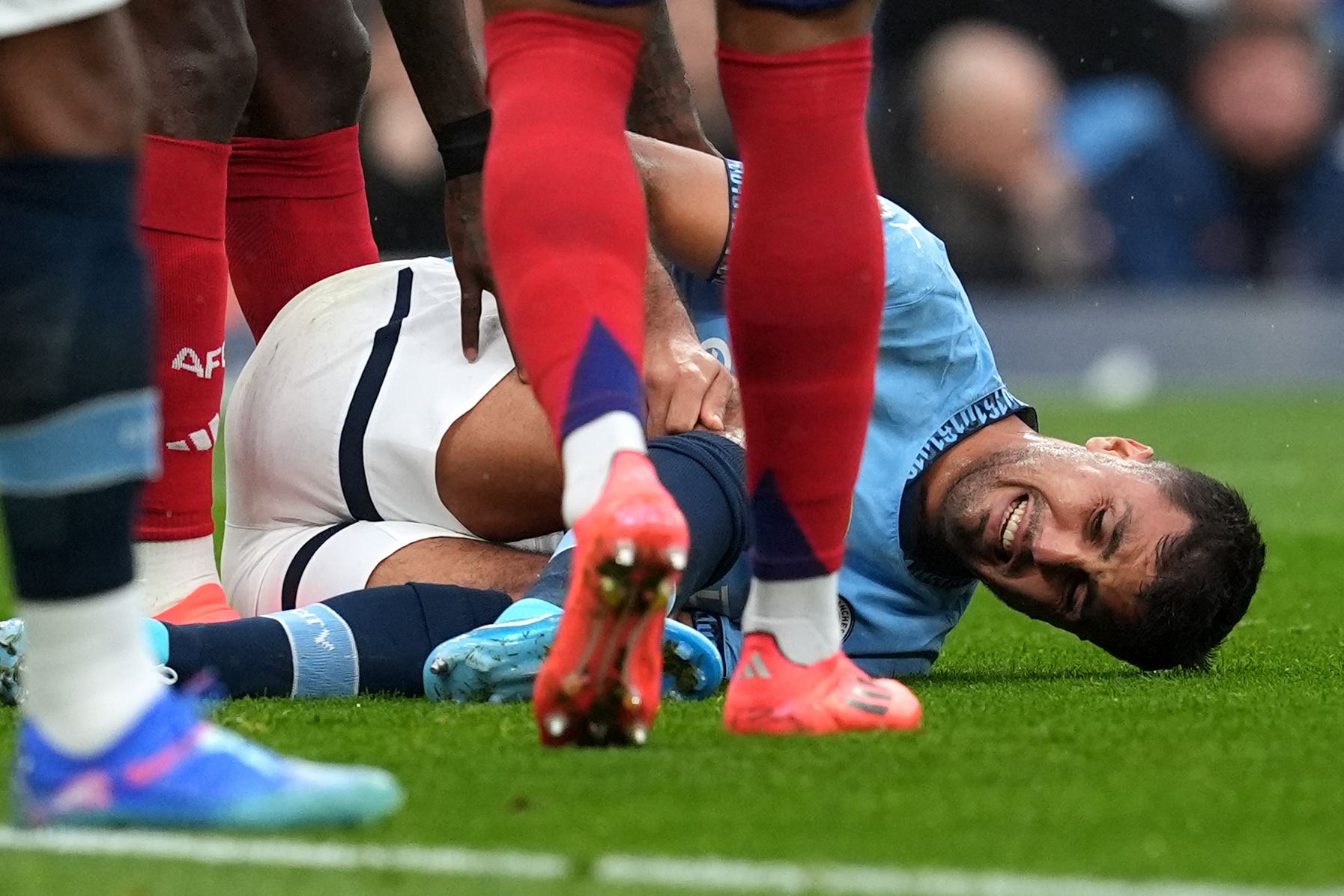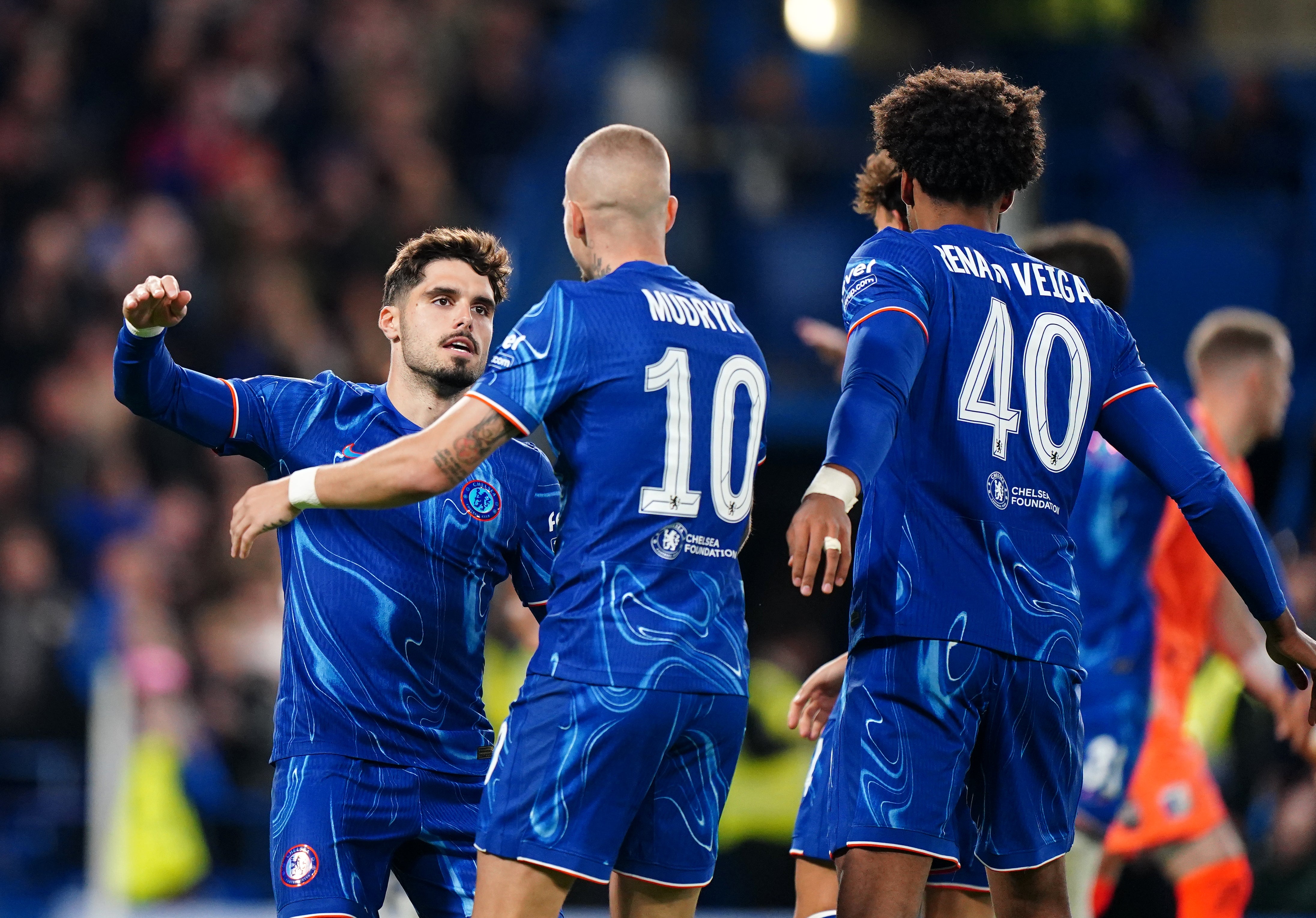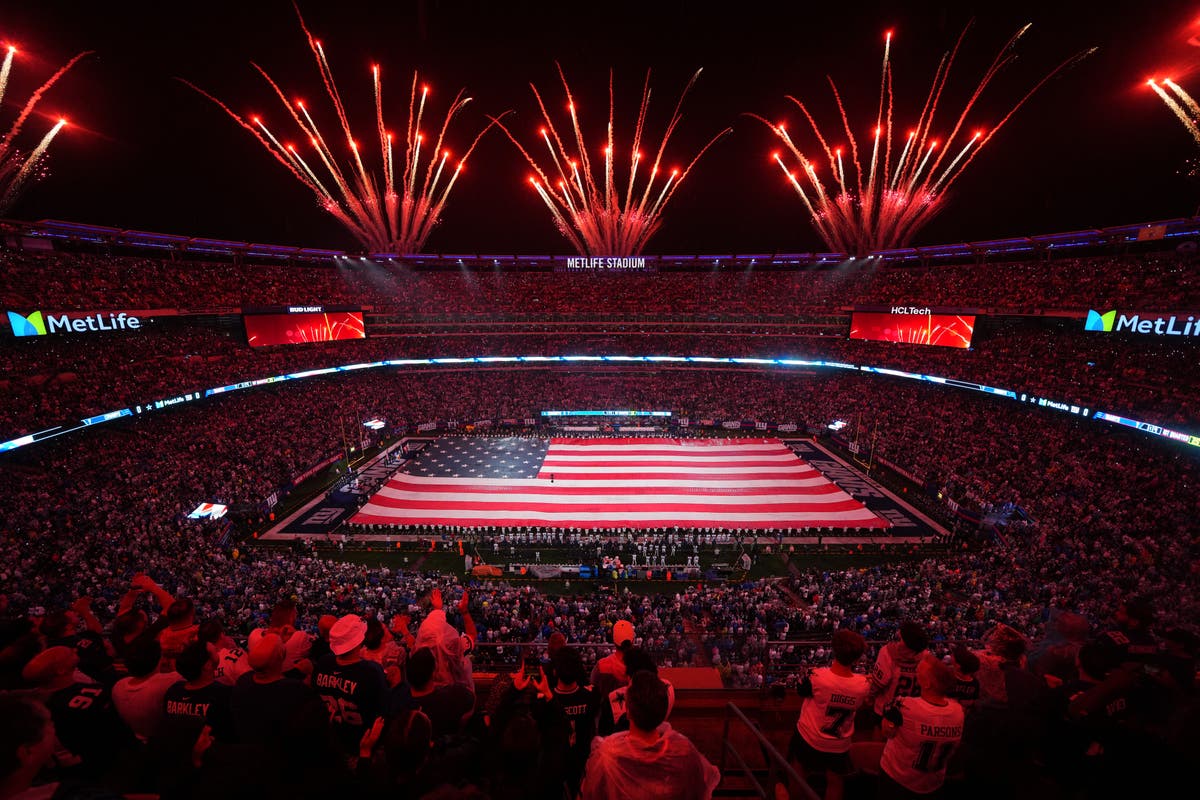Some clubs that have qualified for the new Club World Cup next summer have pushed for Fifa to commit the body’s own reserves to fund prize money for the controversial competition, with figures still not confirmed. The major competitors are expecting revenue of up to $50m (£37m), given previous assurances from president Gianni Infantino about numbers up to $80m (£60m). If that came from the reserves, however, it would be totally unacceptable for the national member associations to give to the wealthiest clubs. For Fifa’s part, that prospect is being played down, with announcements expected over the next few weeks.
A widespread expectation is that the global body will eventually receive financial backing through Infantino’s relationship with Saudi Arabia and Aramco, but there is surprise that hasn’t been confirmed yet. Some football figures believe it almost reflects how “transactional” that relationship is, amid a refusal to “blink first”. There is a view that Saudi Arabia don’t want to commit until the 2034 World Cup is ratified.
Either way, the storyline of how the Club World Cup will be funded is already one of the most important of the entire football season, even if that is largely behind the scenes. It might end up visible on the pitch, and on the calendar.
If Fifa can guarantee the kind of money that makes the clubs treat it with the same importance as the Champions League, it is a potential game-changer that could reshape football. Should it be Saudi Arabia that provide the backing, too, that could integrate the kingdom into the sport’s infrastructure in the same way that has been witnessed in boxing and golf.
Right now, though, the Club World Cup is feeling the effects of football’s structure rather than reshaping it. While clubs are expecting money on one side, there is pressure from the European Leagues and players’ unions on the other, amid threats of legal action over the sheer volume of matches on the calendar.
While Fifa would fairly point out that none of these bodies are making the same complaints against Uefa’s expanded Champions League, the counter-argument is that stakeholders were fully included in the planning stage for that. The specific complaint about Fifa is that it has acted “unilaterally” in devising this competition.
That is a word that has been said again and again through this process. Fifa only confirmed the Club World Cup’s host cities in a meeting last Friday – a mere nine months before the competition’s planned start on 15 June in the US – and there is still no more clarity on sponsors, broadcasters or prize money. Fifa is at least closer on venues, with the “reveal” of the trophy and the draw expected to take place in December.

Fifa would argue Friday’s meeting was hugely positive, but some executives portray that meeting as “a road show to the broadcasters”, since Fifa previously failed to secure deals. There is an argument that it should set off alarm bells that a competition like this doesn’t already have 150 broadcasters lined up. Some clubs were also irritated that this represented the first time Fifa had included them in plans for what is supposed to be a joint venture, and that only when it needed their sway.
Infantino has instead been central to much of this, which has strengthened views that this is his personal project.
Fifa says this is ultimately about its responsibility to the global game. Even the competition’s critics would admit there is merit to that broader idea. An expanded Club World Cup is a great idea in principle, and it’s obvious that the immense wealth of western European football needs to be redistributed. The competition can, ideally, be an engine for that.
It’s just that those same critics question the process, which has bolstered long-running questions about the motivation. There is a widespread belief that Infantino merely wants Fifa to have a stake in the hugely lucrative club game, given that he witnessed the value of the Champions League first-hand in his role at Uefa. That comes amid an ongoing personal rivalry with Uefa president Aleksander Ceferin, who has become personally associated with the new Champions League. Others have a more cynical perspective, which is that this is about Infantino raising more money to fulfil election promises to member associations.
Whatever the truth, the major European clubs are still broadly supportive. They signed up because they see it as an exciting opportunity, especially as it allows them to “go global”. This is especially relevant for ownerships with wider financial and political ambitions, such as Chelsea and Manchester City, respectively. They have offered public and private support, along with other competitors such as Atletico Madrid, FC Porto and Juventus. City’s Ferran Soriano was especially enthusiastic, with the club planning their season to ensure players arrive in top form. Some officials stressed “it would be the most important competition in football”, with Salzburg enthusiastic that the “tournament makes absolute sense”. The European Club Association also reiterated its support through president Nasser Al Khelaifi.

Such clubs don’t share the calendar concerns, either, since it is seen as replacing an existing competition while only adding a few games to the calendar for a handful of squads every four years. One view is that they just won’t do pre-season that year, and $50m (£37m) prize money represents a significant increase from the $20-30m (£15-22m) from summer tours. That prospect is perceived as prompting a particular politically motivated complaint from the Premier League, which has its own summer plans for the USA.
For some clubs, though, this support was predicated on the condition it is well executed. They don’t feel that is the case, and talk of “false promises and false downs” despite almost a decade of politicking on this. One persistent question has been why Fifa didn’t outsource some of this to agencies in the way these competitions usually do, which comes back to the issue of “unilateral action”. That’s all the more surprising given the wealth of knowledge and experience they have at their disposal through the clubs.
Fifa initially spoke of media deals totalling $5bn (£3.7m) but the club expectation is now for little more than $1bn (£750m). Broadcasters so far don’t see it as the “appealing product” that Infantino does, and there is an industry view that it shows how big-club football might have reached saturation point. That’s an obvious echo of the complaints about the calendar, although there is similarly a frustration that none of Arsenal, Liverpool nor Manchester United have qualified given their pulling power.

It is fed other questions over how focused a governing body can be if they’re going around looking to secure revenue for one competition. Even if they secure it, there are then worries that 75 per cent of the revenue will just go to players already the best paid in the world, with the prize money also distorting competitiveness in other domestic leagues – exactly the opposite of what the competition is supposed to promote.
Whatever happens, Fifa know they have to get this big kick-off right. One theory among clubs is that a broadcasting solution may yet come through Saudi Arabia’s Public Investment Fund investing in Fifa’s streaming platform, potentially in partnership with a private equity group. In other words, a lot of the biggest forces reshaping the game.
The Club World Cup itself may prove another. Despite some fears, there is now widespread insistence it will absolutely not be cancelled. That is partly because the consequences could be so great.

